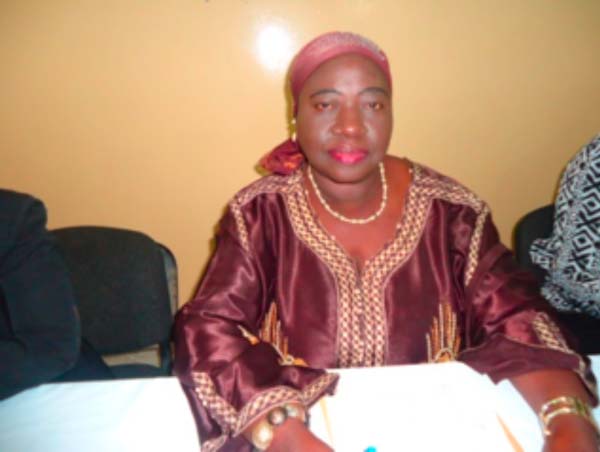
The deputy speaker delivered a statement during the recent opening ceremony of a two-day seminar organised by the NCCE on the involvement of women in politics.
The capacity building forum on the theme: “Involvement of women in politics,” was a theme of great relevance and interest to all globally.
“I commend the National Council for Civil Education and their partners for coming up with this very important capacity-building workshop, and also for engaging the men to be part of the seminar, which was geared toward creating more awareness for both men and women in knowing their role and responsibility in the decision-making process,” she said.
According to the deputy speaker, the government recognizes the active participation and contribution of men in changing the status quo of women so that their issues could be included in the discussion of women’s affairs at the UN Commission on the Status of Women.
Women’s involvement in politics must be discussed within a much broader context of the role women play in the social-economic and political arena, she stated.
The deputy speaker added that internationally women play a critical role in the development of any nation, and no nation could develop by leaving women behind as the women constitute over half of the population.
According to the deputy speaker, the involvement of women in the development agenda would translate into the socio-economic and political well-being of the citizens in any nation.
Women’s involvement corresponds with a more equitable distribution of a country’s resources, as well as gender-sensitive issues related to health, nutrition and education, she further stated.
There is a strong relationship in the participation of women in economic and political affairs, as well as poverty reduction and sustainable development, she added.
In 1954, she continued, the United Nations convention on political rights of women came into force, ensuring women’s equal right to vote, hold office and have access to public services, as provided for male citizens within national laws.
This, together with other international and regional conventions, protocols and treaties, motivated the world to change the condition of women, who fall within the deprived category around the world.
The deputy speaker further said some of the progress made in socio-economic development is owing to the increasing participation of women in politics, which helped in consolidating the democratic processes and other institutions.
Read Other Articles In Article (Archive)
3 Ex-NDEA top brass deny 21-count charge
Jun 14, 2013, 10:45 AM
Gunjur Community Academy Clinch Peace, Unity Football Gala
Feb 11, 2014, 9:04 AM



